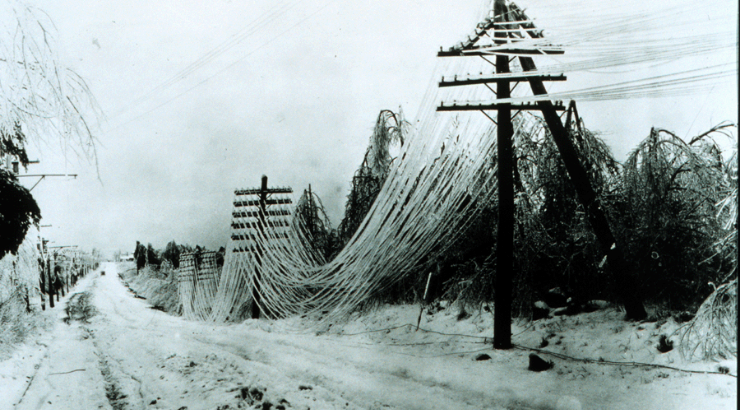firstly, solar radiation has been on a gentle decline for the past three eleven year cycles while heat has also expanded into the Arctic. Go figure. It is possible that the gross count has held steady instead. At this point i do not know for sure what all they are measuring.
Which puts us back to blindly counting sunspots. That continues to be the main event.
Are we going to have less solar heat over the next three sun spot cycles? It may not be at all. At the moment i do think that the probability of global warming is much less that the probability of global cooling. Since we had a modest round of global warming that we are still enjoying, and we have had that before as well, a decline does seem more likely than not.
And just how right is all this?
Earth Is About To Enter A 30-Year "Mini Ice Age" As The Sun Hibernates, Scientist Warns
Wed, 02/05/2020 - 17:25
https://www.zerohedge.com/health/earth-about-enter-30-year-mini-ice-age-sun-hibernates-scientist-warns
Authored by Elias Marat via TheMindUnleashed.com,
A scientist has warned that Earth could be facing a mini ice age due to the Sun radiating less energy and heat toward our planet. According to the expert, this would mean that the planet would be plunged into a period of extreme winter and chilly cold storms during the next 30 years.
According to NASA, the Sun will reach its lowest activity in over two centuries in 2020. As a result of it going into a natural period of hibernation, Earth could see temperatures drop, resulting in food shortages on a global scale. The temperature could also drop by as much as one degree Celsius over a period of roughly 12 months—an incremental yet significant change in climate conditions that could have unpredictable results.
Valentina Zharkova, a professor at Northumbria University’s department of mathematics, physics, and electrical engineering, told the Sun that the period will be an expanded version of the solar minimums that naturally occur every 11 years. However, rather than lasting only a few years, the “Grand Solar Minimum” could last for up to 33 years.
The professor, who has published multiple scientific papers on the subject, said:
“The Sun is approaching a hibernation period.
Less sunspots will be formed on the solar surface and thus less energy and radiation will be emitted towards the planets and the Earth.
The reduction in temperature will results in cold weathers on Earth, wet and cold summers, cold and wet winters.
We will possibly get big frosts as is happening now in Canada where they see [temperatures] of -50 C (-122 F).
But this is only the start of GSM, there is more to come in the next 33 years.”
The last Grand Solar Minimum known to have occurred was the Maunder Minimum, which lasted from 1645 to 1715. During that frigid 70-year period, temperatures plummeted across the globe and famous waterways in Europe including the Thames and Amsterdam canal completely froze over.
“We can only hope that the mini ice age will not be as severe as it was during the Maunder Minimum.
This would dramatically affect food harvests in middle latitudes, because the vegetables and fruits will not have enough time for harvesting.
So it could lead to a food deficit for people and animals, as we seen in the past couple of years when the snow in Spain and Greece in April and May demolished [their] veggie fields, and the UK had a deficit of broccoli, and other fruits and veggies.”
However, other experts believe that the cold period that occurred during the Maunder Minimum was also triggered by other factors including the gigantic plumes of ash spewed out in a series of volcanic eruptions.
Likewise, experts believe that climate change will ensure that the world remains in the grip of fast-heating planetary conditions regardless of any Grand Solar Minimums.
Professor Matthew Owens, a solar scientist at Reading University, told the Sun:
“The small reduction in the Sun’s energy associated with a solar minimum is vastly offset by effects caused by human activity, such as CO2 in the atmosphere... Thus there will probably be no detectable effect on global climate.” [ This is bunk - arclein ]

No comments:
Post a Comment